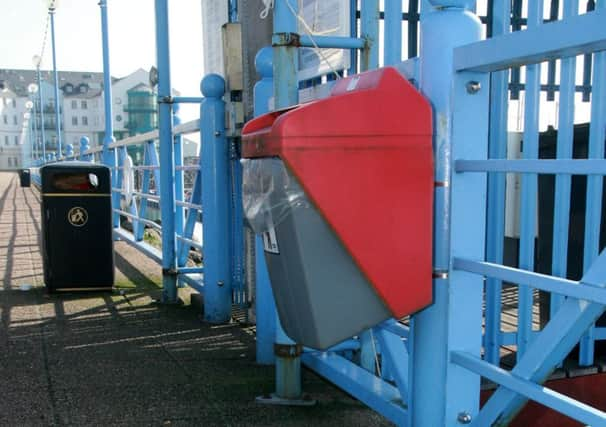Carrick in the doghouse over litter and pooch complaints


The figures were detailed in a report presented to members of the local government authority’s Operational Committee on Monday evening.
Of a total of 445 complaints made in the borough during the month of June, 225 were in the Carrickfergus area - over twice the number recorded in Larne (98) and considerably higher than Ballymena (122).
Advertisement
Hide AdAdvertisement
Hide AdSome 48 percent of the total complaints received concerned issues over dogs, such as straying and fouling.
The report also found that although 18 patrols were carried out after hours and at weekends in Larne during June, there was only one in Ballymena and none in Carrick. However, it was noted that the enforcement officers for the area were on leave during this period.
Commenting on the figures, Councillor Andrew Wilson said: “What more can we do to try and tackle this obvious problem in the [Carrickfergus] area - could we have more out-of-hours patrols?”
Responding, a council spokesperson drew attention to a guide recently issued by the Association of Public Service Excellence, ‘Dog Fouling: Issues and local authority best practice’.
Advertisement
Hide AdAdvertisement
Hide Ad“Mid and East Antrim Borough Council believes that to deal with litter/dog fouling there needs to be a combined approach around engagement, education and enforcement,” the spokesperson added.
“The ‘Best Practice’ document highlights several successful initiatives, by way of guidance and examples of education and is therefore being examined by council’s Regulatory Services.”
As the Carrick Times reported last week, a number of elected representatives have called for a multi-agency approach to resolve an “increasing” litter and weeds problem in prominent Carrick locations.
MEA countered that such a policy is already in place with a “co-ordinated programme of care already being undertaken”.